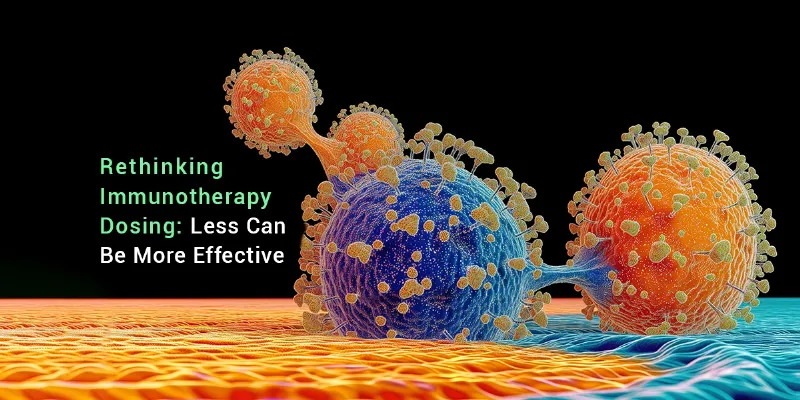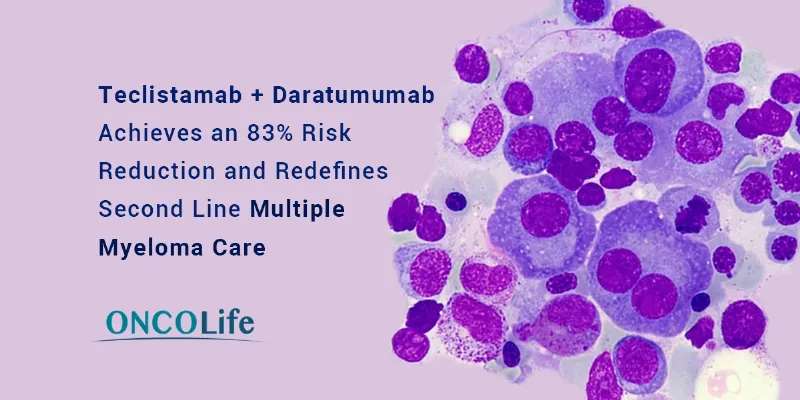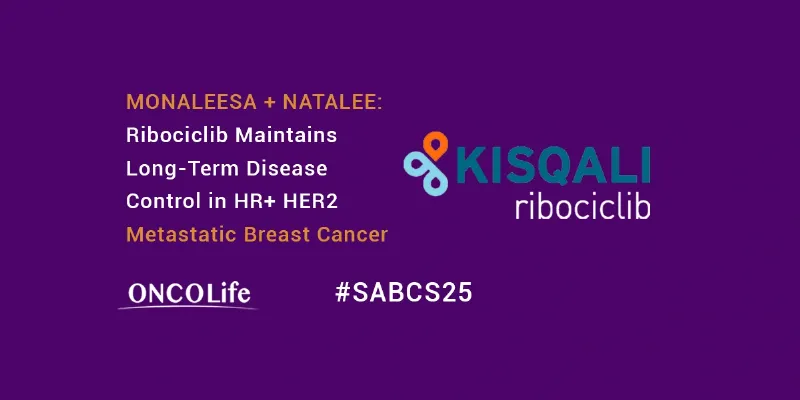Safer Non-Opioid Pain Relief on the Horizon: SRP-001 Shows Promise in Phase 1 Trials

23 May 2024
With FDA Fast Track designation, the new non-opioid pain medication SRP-001 shows promising Phase 1 trial results, offering a safer alternative for pain management. Unlike traditional painkillers, SRP-001 does not pose risks of abuse, liver, or kidney damage and effectively targets pain via AM404 in the brain's PAG region.
South Rampart Pharma has announced promising results from its Phase 1 clinical trials for SRP-001, a non-opioid and non-hepatotoxic small molecule pain relief medication. Published in Scientific Reports, the study outlines the unique mechanism through which SRP-001 operates, potentially setting a new standard for safety in pain management treatments.
The Phase 1 randomized controlled trial shows that SRP-001 is safe and well-tolerated, with favorable pharmacokinetics, making it ready for Phase 2 trials for the treatment of neuropathic pain, acute/chronic pain, and acute migraine headaches.
A New Approach to Pain Relief
SRP-001 introduces a novel mechanism of action for pain relief, differentiating itself from current medications by its safety profile and method of action. Unlike commonly used pain relievers such as opioids, acetaminophen, and NSAIDs, SRP-001 does not pose risks of abuse, liver toxicity, or kidney damage. The drug achieves its analgesic effects by increasing the production of N-arachidonoylphenolamine (AM404) in the brain's periaqueductal grey (PAG) area, a critical site for the modulation of pain. AM404 is a potent activator of the TRPV1 receptor, involved in the body’s natural pain-relief processes.
Groundbreaking Clinical Findings
The Phase 1 randomized controlled trial (RCT) involving 56 participants has shown that SRP-001 is safe and well-tolerated. The drug exhibits favorable pharmacokinetics with a half-life of up to 10.1 hours, making it ready for Phase 2 trials. Dr. Hernan Bazan, the CEO of South Rampart Pharma and a key figure in the study, emphasized the drug's potential impact, noting that "existing treatments can carry risks of addiction and toxicity. SRP-001 offers a promising alternative without these significant drawbacks."
The publication further details the drug's effect on pain-related gene expression and cell signaling pathways in the PAG region, based on single-cell transcriptomics. It highlights how SRP-001 regulates key components of pain perception, such as endocannabinoid signaling and genes related to mechanical nociception and fatty acid amide hydrolase (FAAH).
Safety and Efficacy
Importantly, SRP-001 does not produce the hepatotoxic metabolite N-acetyl-p-benzoquinone-imine (NAPQI), which is associated with liver damage in other medications. Additionally, the drug maintains the integrity of hepatic tight junctions, even at high doses. This safety profile is further confirmed by comprehensive non-clinical toxicology evaluations in animal models, where SRP-001 showed no mortality or treatment-related adverse effects, unlike the high mortality rates seen with comparable doses of acetaminophen.
With FDA Fast Track designation granted in October 2023, South Rampart Pharma is poised to begin Phase 2 trials in the second half of 2024. These trials will focus on treating various pain conditions, including neuropathic pain, acute and chronic pain, and acute migraine headaches.
The implications of these findings are significant. As Dr. Bazan noted, with a global prevalence of pain affecting millions, the development of safer and more effective pain management solutions like SRP-001 is crucial. This innovative approach could drastically reduce the reliance on existing pain medications, which are often marred by potential for abuse and serious side effects.
About SRP-001
SRP-001, a novel non-opioid molecule, does not produce the hepatotoxic metabolite NAPQI like acetaminophen (ApAP), preserving liver integrity even at high doses. In studies, it demonstrated lower mortality and similar pain relief effects compared to ApAP, producing higher amounts of the analgesic compound AM404 in the brain's periaqueductal grey (PAG) area. It also affects pain-related gene expression and signaling pathways similar to ApAP. A Phase 1 trial confirmed SRP-001's safety, tolerability, and promising pharmacokinetics, positioning it as a safer alternative to traditional pain medications like ApAP, NSAIDs, and opioids.











Comments
No Comments Yet!